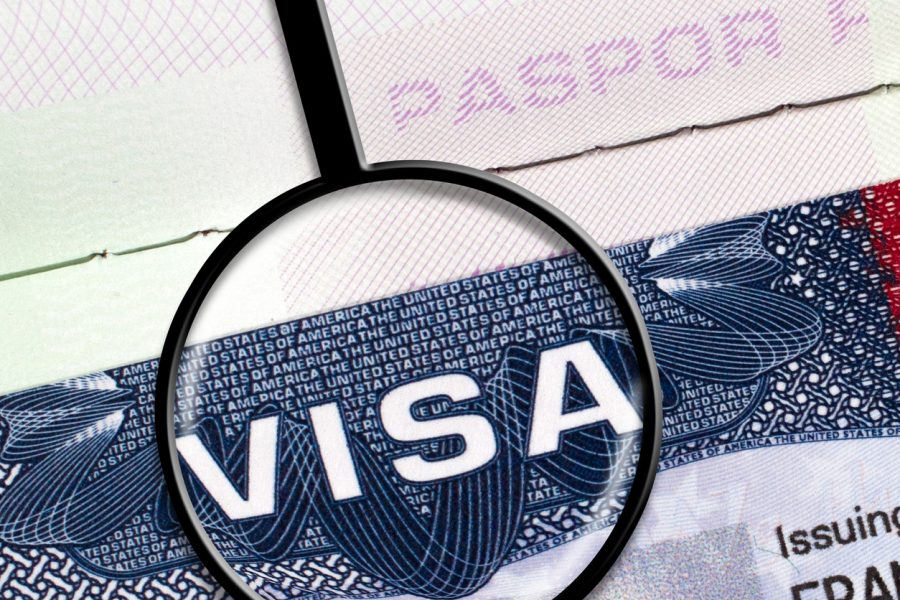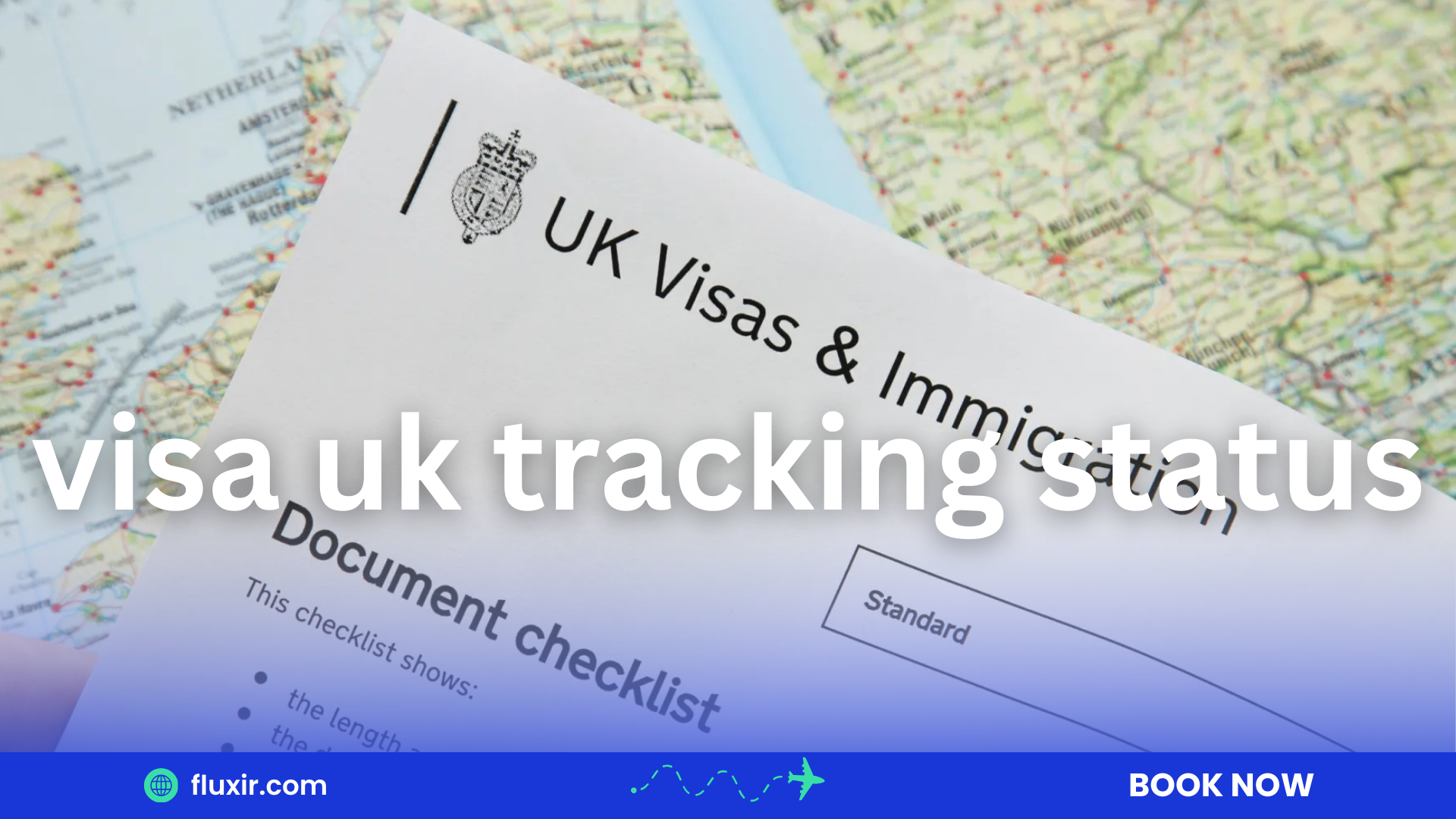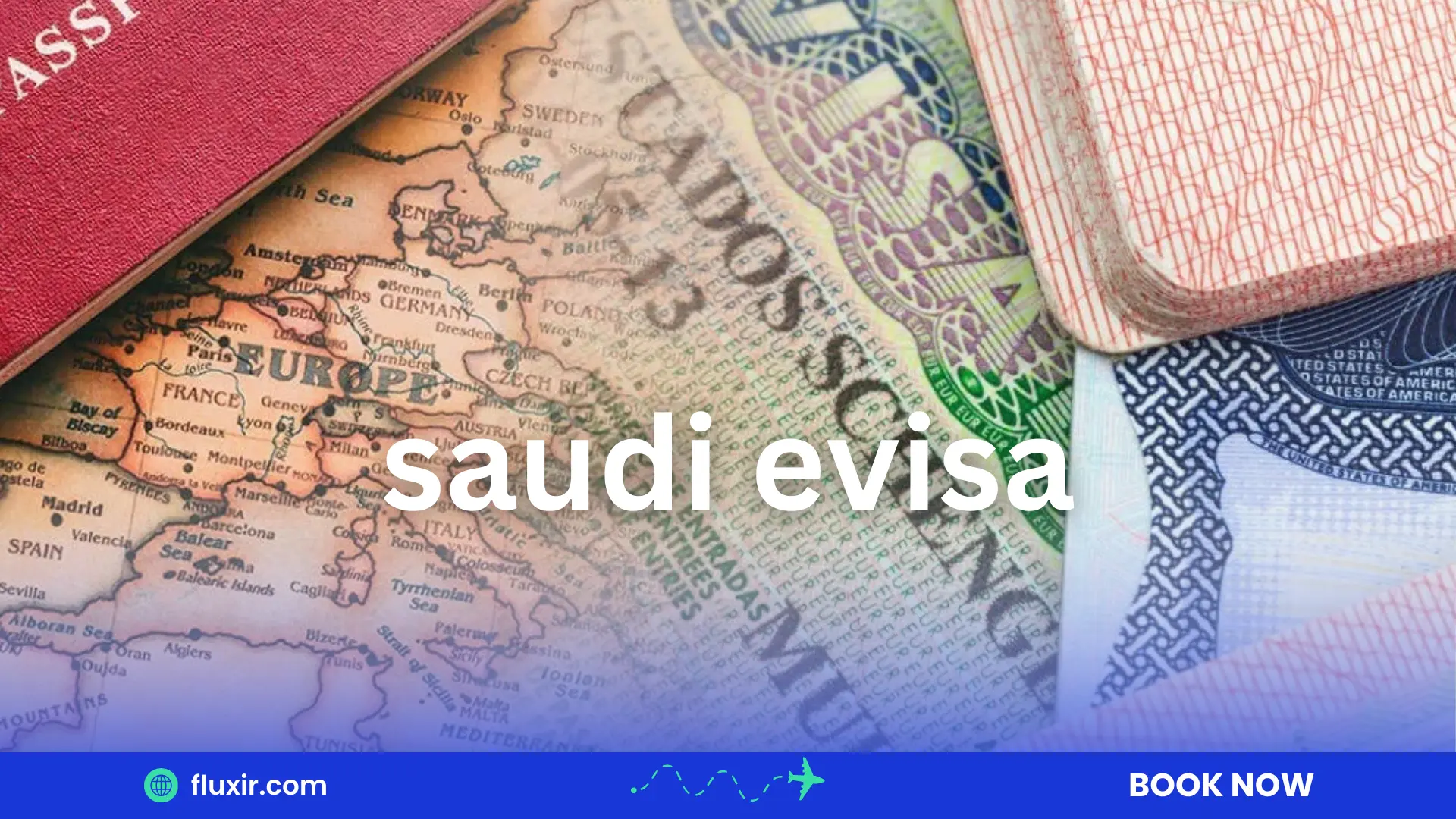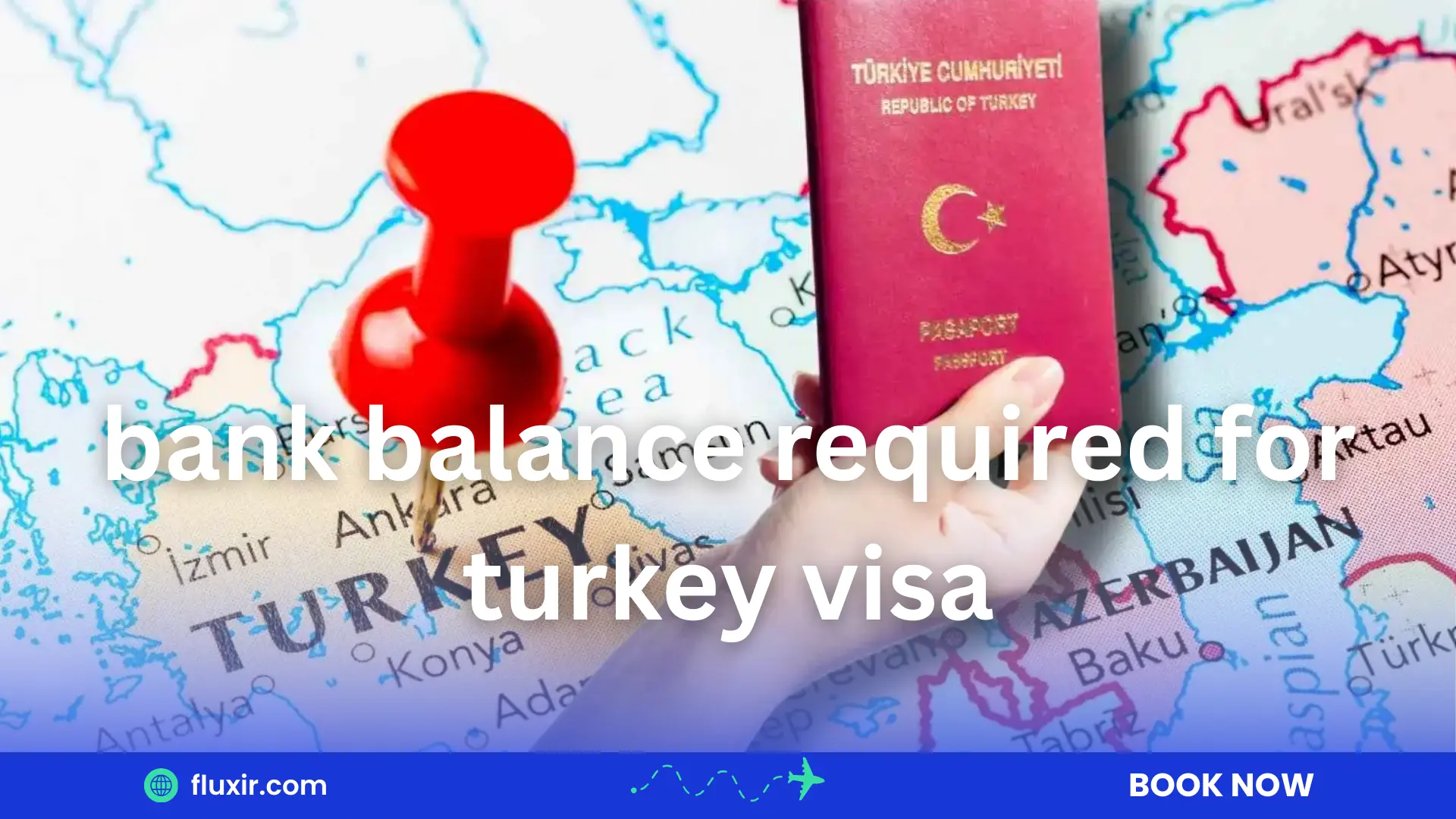When planning a trip to Turkey, one of the most important factors to consider is meeting the financial requirements set by the Turkish authorities.
Specifically, you might be wondering, What is the minimum bank balance for Turkey visa? Understanding this requirement is crucial as it plays a significant role in the approval of your visa application.
This article will explore the general guidelines, factors affecting the required minimum bank balance, and the necessary documentation to prove your financial stability.
General Guidelines for the minimum bank balance for Turkey visa
the minimum bank balance for Turkey visa is not a fixed figure stated in official guidelines but is rather determined by a combination of factors.
Generally, the Turkish authorities require visa applicants to demonstrate that they have sufficient funds to cover their stay in Turkey. This typically translates to having enough money to cover accommodation, food, transportation, and other daily expenses.
As a general rule, applicants should aim to have a bank balance that reflects their ability to spend at least 50-70 USD per day during their stay in Turkey.
For instance, if you plan to stay in Turkey for 10 days, you should ideally show a minimum balance of around 500-700 USD. However, this amount may vary depending on the duration of your stay and the type of visa you are applying for.
Read more about: Is there an app to check visa status?
Factors Affecting the Minimum Bank Balance
Several factors can influence the minimum bank balance for Turkey visa. Understanding these factors will help you prepare better for your visa application:
-
Duration of Stay:
The length of your stay in Turkey is one of the most significant factors. The longer you plan to stay, the higher the required minimum bank balance.
Authorities want to ensure that you have enough financial resources to sustain yourself throughout your visit. -
Type of Visa:
The type of visa you are applying for also impacts the minimum bank balance for Turkey visa. For instance, tourist visas might have different financial requirements compared to business or student visas.
Tourist visas generally require a sufficient balance to cover leisure and travel expenses, while student visas may require proof of funds for tuition and living costs. -
Purpose of Visit:
Your reason for visiting Turkey can also affect the minimum bank balance for Turkey visa.
If your visit is for tourism, the financial requirement is usually lower compared to someone visiting for medical treatment or business purposes, which might require higher financial proof. -
Currency Fluctuations:
Currency exchange rates can also play a role in determining the minimum bank balance for Turkey visa Since most applicants will have their bank accounts in their home country’s currency, fluctuations in exchange rates may affect the final amount presented in Turkish Lira (TRY).
Documentation for Proof of Financial Stability
To prove that you meet the minimum bank balance for Turkey visa, you need to submit specific financial documents as part of your visa application.
These documents provide evidence of your financial stability and reassure the authorities that you have the means to support yourself during your stay.
-
Bank Statements:
The most common document required is your bank statements from the past three to six months.
These statements should clearly show your account balance, regular income deposits, and any significant transactions.
It’s important to maintain a stable balance without any sudden large deposits right before your application, as this could raise suspicions. -
Sponsorship Letter:
If someone else is sponsoring your trip, such as a family member or friend, you will need to provide a sponsorship letter.
This letter should be accompanied by the sponsor’s bank statements and a declaration stating their willingness to cover your expenses during your stay in Turkey. -
Proof of Income:
In addition to bank statements, you might also need to provide proof of regular income.
This can include salary slips, employment letters, or income tax returns. These documents help establish that you have a steady source of income and are financially responsible. -
Other Financial Documents:
Depending on your situation, you may also need to submit additional financial documents, such as investment statements, property ownership papers, or fixed deposit certificates.
These can further strengthen your case by showing that you have other financial resources to fall back on.
One of the most important aspects to consider is the minimum bank balance for Turkey visa approval. This requirement is in place to ensure that applicants have sufficient funds to support themselves during their stay.
In this article, we will explore the specifics of the minimum bank balance required, how it varies depending on the country of origin, and other financial proofs that can be provided to strengthen your application.
Country-Specific Requirements
The minimum bank balance for Turkey visa applications can vary based on the applicant’s country of origin.
While Turkey does not have an official, universally stated minimum amount, consulates and embassies generally look for evidence that you have enough money to cover your expenses during your stay. The amount considered sufficient can be influenced by various factors such as the duration of your stay, the cost of living in Turkey, and your planned activities.
For applicants from countries with a high cost of living, the Turkish authorities might expect a higher bank balance compared to those from countries where the cost of living is lower.
For example, an applicant from a European country might be expected to show a higher balance than one from a developing country.
Typically, consulates might expect to see a minimum of $50 to $100 per day of your intended stay in Turkey. Therefore, if you are planning a 10-day trip, having at least $500 to $1,000 in your bank account might be necessary.
It’s important to check with the Turkish embassy or consulate in your country for any specific guidelines they might have. Sometimes, consulates may give unofficial advice on the minimum bank balance for Turkey visa they expect, but it’s always better to be over-prepared than under-prepared.
Additional Sources of Financial Proof
While the minimum bank balance for Turkey visa is a critical factor, it’s not the only way to prove your financial stability.
If your bank balance is lower than the unofficial guideline or if you want to strengthen your application, you can include additional financial documents to demonstrate your ability to support yourself during your stay.
One alternative is to provide a sponsorship letter from a family member or friend who will cover your expenses during your trip.
The sponsor must also provide their bank statements, proof of income, and a letter affirming their commitment to financially support you. This can be particularly useful for students or young travelers who may not have significant savings.
Another option is to present proof of assets such as property ownership, investments, or fixed deposits. These documents can indicate that you have financial resources, even if they are not immediately liquid.
For instance, showing ownership of real estate or a fixed deposit that matures shortly after your planned travel dates can help reassure the visa officers that you meet the minimum bank balance for Turkey visa requirements.
Moreover, if you have a steady income, you can include recent salary slips or income tax returns. These documents help demonstrate ongoing financial support and the ability to handle travel expenses, even if your current bank balance isn’t particularly high.
Lastly, providing a detailed travel itinerary can be helpful. By clearly outlining your plans and estimated costs for accommodation, food, and activities, you can show that your available funds will adequately cover your stay.




